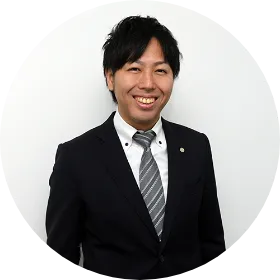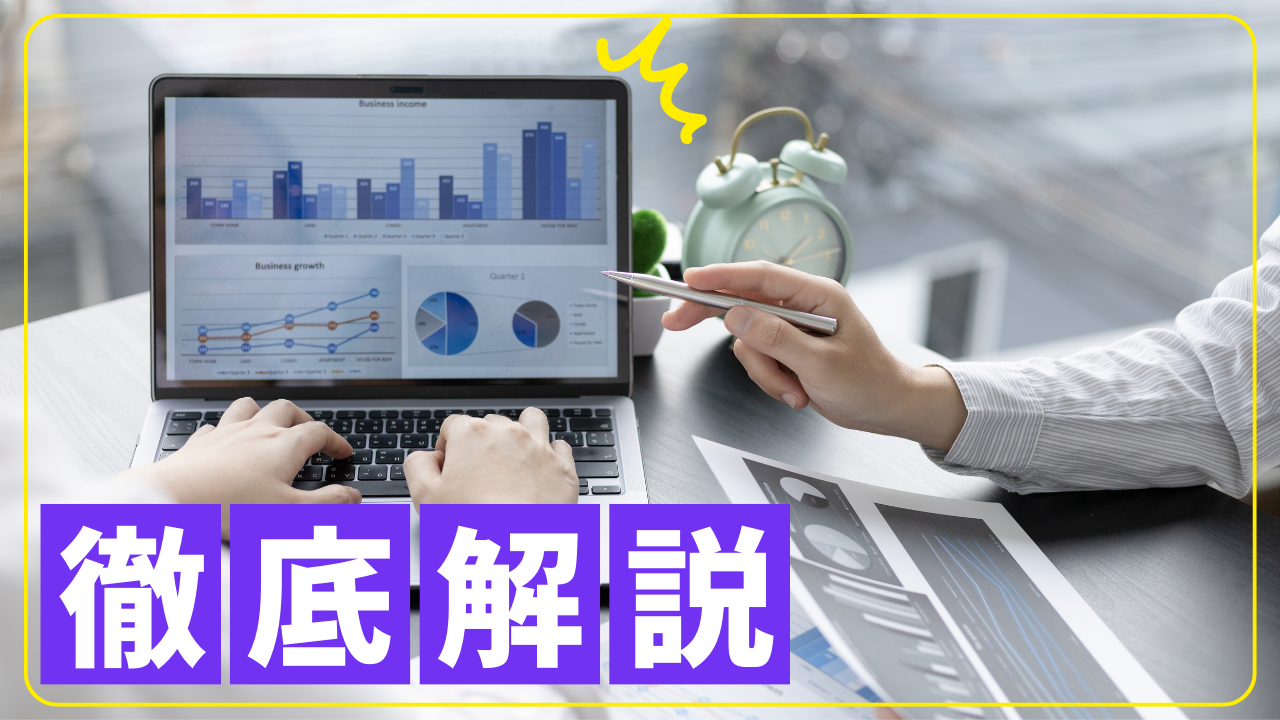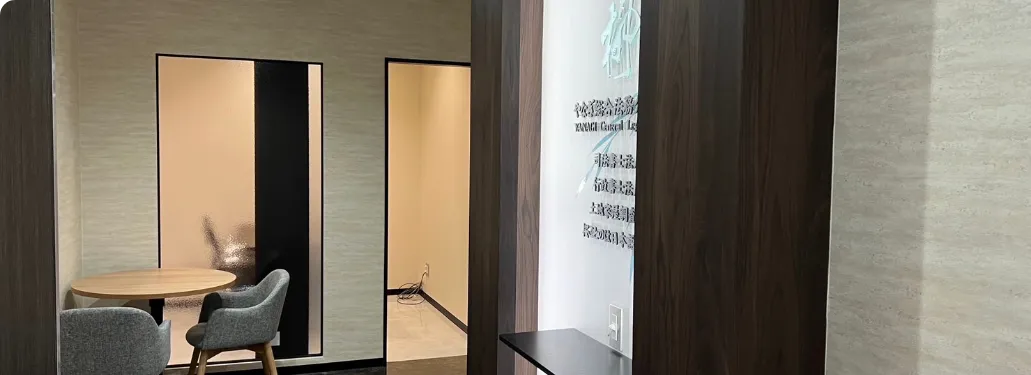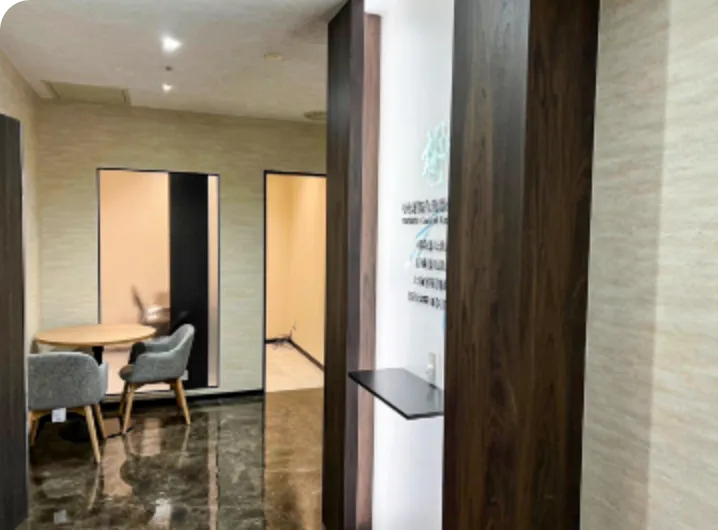Work Visa
Work Visa Engineering/Humanities/International Services Translation and Interpretation
- 2024.03.25
Foreigners need to obtain a work visa to work as a translator or interpreter for a company in Japan.
If you are a foreigner who wants to work in Japan, you have probably heard of the “work visa” at least once.
Simply put, a work visa is a permit required for foreigners to work in Japan.
While Japanese people are free to work in Japan, foreigners cannot work in Japan without a work visa or the appropriate type of visa that allows them to work.
However, there are many different types of work visas, and we will explain in detail the types of work that each visa allows and the requirements for obtaining one over the next few articles.
So, if you want to work as a translator or interpreter, which work visa can you get?
In this article, we will focus on the case of working as a translator or interpreter under the status of “Engineering/Humanities/International Services” which is one of the representative types of work visas.
Can I work as a translator or interpreter with an “Engineering/Humanities/International Services” visa?
It is possible to work as a translator or interpreter if you have an “Engineering/Humanities/International Services” visa.
Translation and interpretation work falls under the field of “International Services.
Examples of such companies are as follows
For example…
- Trading companies
- Hotel and travel agencies
- Recruitment agencies
- Translation companies for documents, etc.
- Manufacturers and retailers that sell overseas products or Japanese products overseas
…etc., and many of these industries require foreign transactions and communication with foreigners.
In addition, with the advancement of globalization, there is a growing need for international human resources in a wide range of fields in Japanese society, and the following types of jobs are also allowed under the Engineering/Humanities/International Business visa.
- Interpreter/translator works in duty-free stores, restaurants, hotels, etc., where many foreign tourists need to be accommodated.
However, please note that in these cases, it is necessary to prove that translation/interpretation is the main work so that it is not considered simple labor.
Requirements to work as a translator/interpreter with an “Engineering/Humanities/International Services” Visa
☑Education Requirements
➡University graduates
Graduated from a Japanese or foreign university majoring in a subject related to the job.
Example: Major in Japanese language at university
☑Related major and years of work experience requirements for university graduates are relaxed.
Unlike other jobs described in our previous blog posts, which usually require relevance of the major and years of work experience, those with a university or junior college education or above do not need such relevance and years of work experience.
However, if you are involved in translation or interpretation between your native language and Japanese, you will need to prove your Japanese language ability.
*Required language skills are discussed below.
➡Vocational School graduates
Those who have completed a professional training course in Japan by majoring in a subject related to their work and have the title of “Senmonushi” (Diploma) or “Koudo Senmonushi” (Advanced Diploma).
Example: a vocational school for interpretation and translation, etc. in Japan
☑Work experience requirement
Applicants must have at least 3 years of work experience and have acquired the necessary knowledge in the field of business.
*If the applicant majored in a subject related to the work at a university, advanced vocational school, etc., that period may be included in the work experience.
It is important to note here whether the work experience is relevant to the job or not.
A certificate of employment is required to prove work experience.
Since certificates of employment are often falsified, they are carefully examined by the immigration office.
If you are concerned about the relevance of your work experience, please contact us.
☑Language Proficiency Requirements
For translators/interpreters between native language and Japanese
Generally, passing the JLPT N2 level is considered sufficient.
If you are translating/interpreting between your native language and another foreign language (e.g., English and Chinese)
You do not need to prove your Japanese language ability, but you must prove that the job requires such translation and that Japanese language ability is not necessary.
For languages that are not your native language, you must also prove when, where, and how you learned the language.
☑ Remuneration
The remuneration must be equal to or greater than the remuneration that a Japanese national would receive if engaged in the work.
Conclusion
In this article, we explained the points to note when obtaining “Engineering/Humanities/International Services” status as a translator/interpreter, as well as the types of jobs available and their requirements.
Those who have graduated from universities in Japan or abroad can work as a translator/interpreter, between Japanese and their native language if they have a certain level of Japanese proficiency.
For others, translation and interpretation work with “Engineering/Humanities/International Services” status is limited because the work must be related to their major.
If you are unsure about the relevance of your educational background and the nature of your work, or if you are concerned about the application process, please contact our office.
We are Yanagi group, which have offices in Osaka (Abeno and Tennoji), and our affiliated offices in Tokyo (Shibuya and Ebisu) are also available for an on-site consultation. We have handled many applications for permanent residence permits, naturalization permits, work visas, college student visas, management visas, etc., as well as visa renewal procedures related to the status of residence with the Immigration Bureau (Immigration Bureau) as a one-stop service. Our experienced administrative scriveners are also available to help you with any problems you may have.
We also have staff members who can speak each of the native languages and can assist you in obtaining a visa.
※If you wish to be consulted in Nepali or Bengali, please inform us in advance via our website or social media, and the translator will contact you ahead of time.
Please feel free to contact us if you have any questions about your status of residence or visa, even if they are trivial.
Toll-free number: 0120-138-552
For English speakers: 080-9346-2991
For Chinese speakers: 090-8456-6196
For Korean speakers: 090-8448-2133
For Vietnamese speakers: 080-5510-2593
Editor of this article

- Ryota Yanagimoto
- Administrative Scrivener/Judicial Scrivener
At the age of 24, he passed the national examinations for judicial scrivener, administrative scrivener, and wage service manager at the same time.
While working as a full-time lecturer at a major prep school, he independently opened a legal office related to judicial scriveners and administrative scriveners,
and he has experience as a judicial scrivener and an administrative scrivener for more than 15 years so far.
He has been actively contributing to various industries such as publicly listed companies, real estate companies, financial institutions, elderly care services, and professional organizations by conducting seminars, lectures, and talks.
And now he has a record of over 60 presentations so far.
Furthermore, as the president of a Japanese language school announced by the Ministry of Justice and Acts, and an advisor to a real estate company (capable of handling foreign clients),
he has been involved in various aspects of industries related to foreigners.
It is recommended to consult with experts when it comes to visas, naturalization, and residency matters.

Our office has specialized experts in visa and naturalization applications who are available to assist with free consultations (limited to the first session) and inquiries related to various visa applications and naturalization applications.
Additionally, we have foreign staff proficient in English, Chinese, and Korean languages with specialized knowledge, and they are present to provide support. They can accommodate consultations and inquiries in each language. Feel free to use our free consultation and inquiry services from here.


























 0120-138-552
0120-138-552 Free
Consultation
Free
Consultation Contact Us
Contact Us